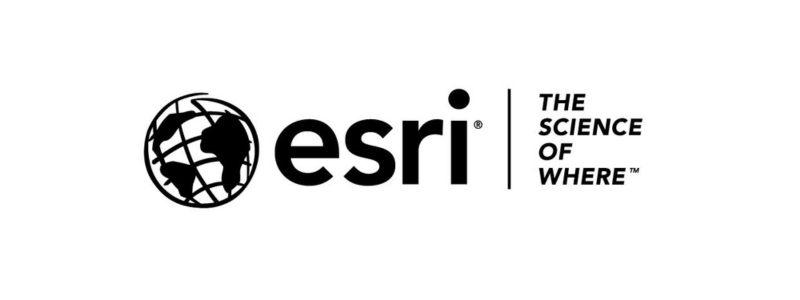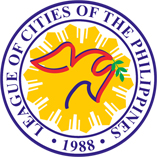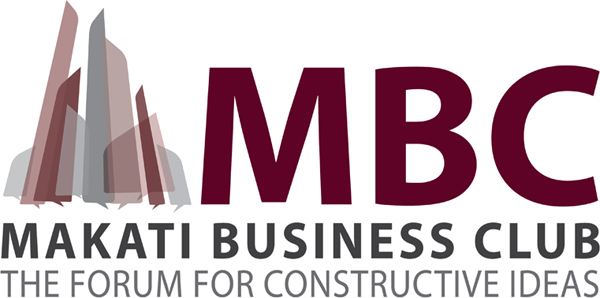Liveable cities
ACCELERATING E-VEHICLE DEVELOPMENT
Alan Pilz, Business Consultant for the Transportation and Mobility Industry of Dassault Systèmes, is involved in providing innovative software solutions to help industries optimize their customer experiences. Dassault partners with innovation leaders across various industries to address new challenges of mobility.
Pilz identified the top challenges shaping the future of mobility: (1) connected and electro mobility, (2) personalization and differentiation, (3) new regulations (emission, safety), (4) new mobility business models, and (5) quality and reliability. He noted that these global developments relate directly to the
Philippine context having strong push and commitment towards cleaner energy use especially through the adoption of electric vehicles (EV). Policy and reform measures have been initiated with the proposed Elective Vehicles and Charging Stations Act and the plan to establish Philippines as a manufacturing hub for auto component makers and assemblers of EVs.
Moving towards EVs would address rising fuel prices, pollution and stricter emission standards. It would eventually reduce the country’s dependency on oil imports and save on energy costs. Another long-term impact of electric mobility in the Philippines is cleaner air and the environment as it would reduce total vehicle emissions, with 90% reportedly coming from Metro Manila. EVs can decrease CO2 emissions by almost 30% compared to internal combustion engines.
Pilz underscored that electrification has significant impact not only in the transport and mobility sector; it has introduced innovation in vehicle technologies, transformed businesses and business models, and even ways of working.
Other articles on Building an E-Vehicle Ecosystem:
- IT TAKES A COUNTRY TO BUILD AN EV ECOSYSTEM - Art Tan
- MOVING PEOPLE TO A BETTER TOMORROW - Freddie Tinga
- PH TOWARDS AUTOMOTIVE ELECTRIFICATION - Corazon Dichosa
- LGUs AND EMOBILITY - Dr. Manuel Biona











